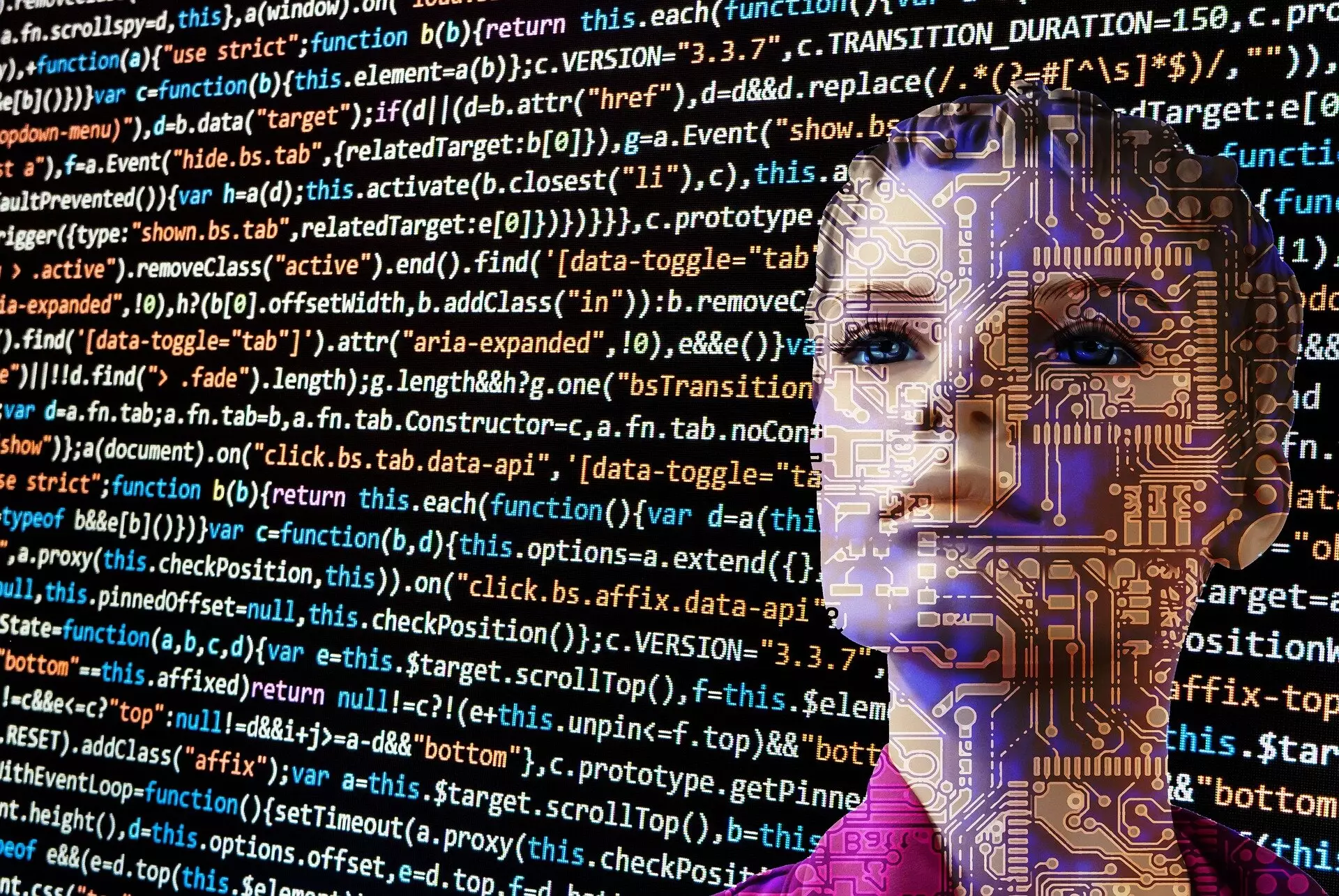In a recent study conducted by Eyal Aharoni, an associate professor at Georgia State University, it was found that individuals tend to favor responses from artificial intelligence (AI) over those from other humans when presented with ethical questions. This study, titled “Attributions Toward Artificial Agents in a Modified Moral Turing Test,” was inspired by the emergence of ChatGPT and other large language models in the field of AI. Aharoni’s interest in moral decision-making in the legal system led him to explore the potential implications of AI in this domain.
Aharoni designed a modified version of the Turing test to assess how AI handles moral dilemmas. The original Turing test, proposed by Alan Turing, involves presenting a human with two interactants – one human and one computer – and asking the human to determine which is which based solely on text-based communication. Aharoni’s test involved presenting ethical questions to both undergraduate students and AI, and then evaluating the responses based on traits such as virtuousness, intelligence, and trustworthiness.
Interestingly, the study found that participants overwhelmingly rated the AI-generated responses as superior to those generated by humans. This was unexpected, as the prevailing assumption was that AI responses would be inferior and easily distinguishable from human ones. The results of the study challenged this assumption, indicating that AI may be capable of performing exceptionally well in moral reasoning tasks.
Aharoni suggests that the ability of AI to excel in moral reasoning tasks has significant implications for our society. As AI continues to advance and integrate into various aspects of our lives, it is crucial to understand its role in decision-making processes. There may come a time when individuals unknowingly interact with AI, relying on its judgment and advice due to perceived superiority over human responses.
As we navigate the increasingly complex relationship between humans and AI, it is essential to remain vigilant and critical of the role AI plays in moral decision-making. While AI may have the capacity to pass moral Turing tests convincingly, it is imperative to recognize the limitations and biases inherent in AI systems. Understanding the nuances of AI’s decision-making processes will ultimately shape how we interact with and trust these technologies in the future.



Leave a Reply